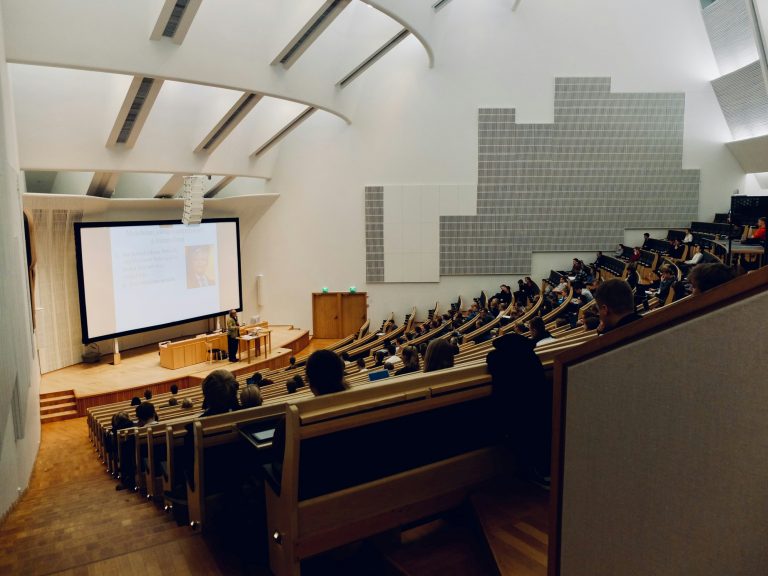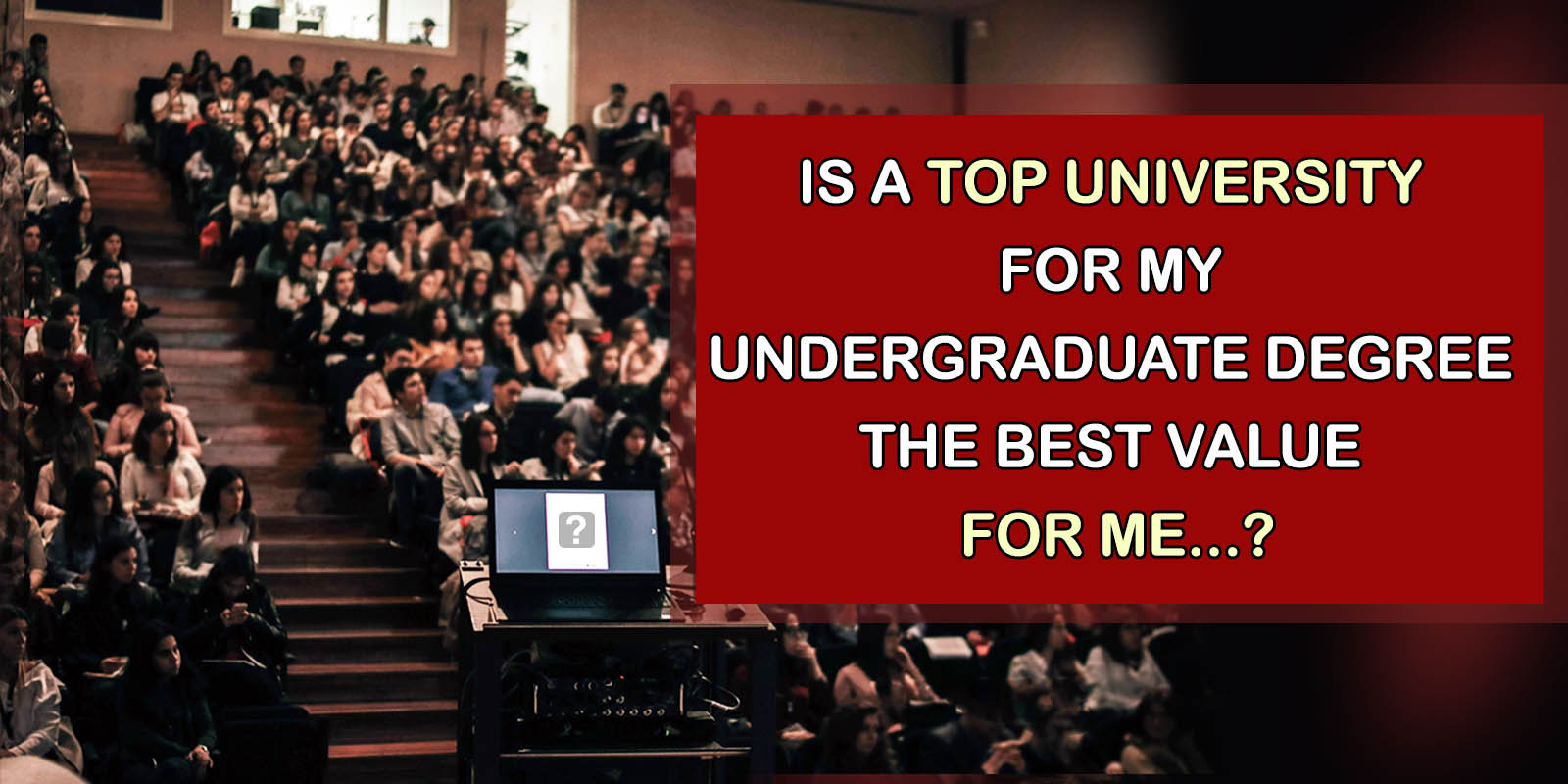Is a Top University For My Undergraduate Degree The Best Value For Me
I would venture to say that most students would love to have a degree from a ‘top university’. Not only for the prestige but also for the perceived higher quality of education one would receive. Better facilities, more renowned professors and visiting lecturers, and better alumni networking opportunities, to name but a few benefits. However, the costs can be prohibitive for most, and the extremely competitive admissions process can be too stressful to bear.
Many questions arise. Is this the best option or the only option for me? Will I have better employment opportunities after graduation? Will it help me get into a better Master’s program in Canada? Or will I be ok with a ‘regular or mid-ranked’ university?
Most of the students and parents who reach out to me to help them find a university will usually start with their eyes on UofT, UBC, McGill and a handful of other top universities. However, the reality is that many of these ‘top’ universities are not the best fit for students, and are also not the best value for money spent.

Let me first start by being clear about one thing: I am not knocking down top universities. But the reality is that very few students, as a % of the overall pool, get into a top university. The competition is too tough and so many capable students are not accepted. So, rather than focusing on these institutions, I would like to shed some light on the benefits of a ‘mid-ranked’ or ‘regular’ university in Canada. Mid-rank or smaller undergraduate universities have a lot to offer and should
not be excluded when looking for a place to study. Here is a list of things toconsider.
Pricing:
I do want to harp on cost so much, but it can be a huge factor when choosing an institution and determine value. Check out Tuition by University Canada to get a 2023/24 price comparison of all 96 Canadian universities.
Smaller class size:
Top-ranked universities can have 200-300 students and more per class for your major courses and upwards of 700+ for electives. This will make it difficult to have access to your professor. In fact, in classes of this size, the teacher is often not the professor in charge but rather a master student lecturing in place of the professor while the professor is busy with their research.

Easier to make friends:
Smaller class sizes will also make it easier to meet and make friends, given that you will more often be sitting next to the same students as the previous class. In a very large class, with students moving
around, making a personal connection will be more difficult.

Less running between classes:
Large campuses like UBC (900 acres or about 2,250 rai) are like a “city within a city” (Their words, not mine). With science buildings at one end of campus and art on the other, getting to your elective class after your science class will require a sprint for sure. It’s not so much a problem during a nice sunny fall day, but it’s really annoying when it is pouring or snowing. Whereas some of the smaller universities have the entire campus connected underground eliminating the need to bring an overcoat to class and ensuring you are in a comfortable environment all day long.
Greater student support per student:
All Canadian universities have a pretty good student support service, but feedback from my students, as well as my personal observation over the years, indicates that given that bachelor students are the main ‘customers’ of smaller or mid-rank universities, these universities need to make a greater effort to support their students to ensure the university remains viable.
More relaxed atmosphere:
Let’s face it. Not all kids will do well in a supercharged, highly competitive environment full of alpha types competing at every level. Some students who have done well at school in a smaller environment often struggle in a larger urban area. The change is sometimes too much, and the student suffers not only in their grades but also in their personal development. Without the necessary support of family and friends to lean on during that first year at university, students end up not enjoying the program and fail to stay until completion. Overall, in the world, more than 30% of students never get past year two, and in some Latin American countries, it is closer to 50%. Ask a top university recruiter about their drop-off rates and see the discomfort rise upon their face.
Top universities differentiate themselves mainly by their research contributions, publications, and scientific discoveries, all of which occur at the master’s or PhD levels. As a result of a larger alumni base, there top universities have more money to finance state-of-the-art facilities, global engagement, athletics programs, and other notable programs. As a result, their main focus is on the master’s or PhD student. In order to attract top
students to their post-graduate programs, universities will often charge less for post-graduate programs and will often find money to pay the students while they do their thesis and research projects.

As for job employment after graduating, in most situations, Canadian employers are looking for someone with a good attitude, work ethic, and some work experience. They look more at student marks than at the institution the student attended. Smaller universities or universities in smaller communities usually work more closely with local businesses to help students get work experience and help companies find employees. Paid co-ops and internships are often more readily available and offer a great way for students to gain experience before graduating.
So, whatever your situation when searching for a university, you should apply not only to the top universities but also to mid-rank or undergraduate universities. This will ensure you get into a university right away and start working on your career. You should focus on top universities for your post-graduate degree.

Rene is a Canadian education consulting and student recruiter based out of Bangkok with over 20 years of experience in the S.E. Asian market. He can be reached at info@gostudycanada.net and followed at GoStudyCanada (FB & IG)




